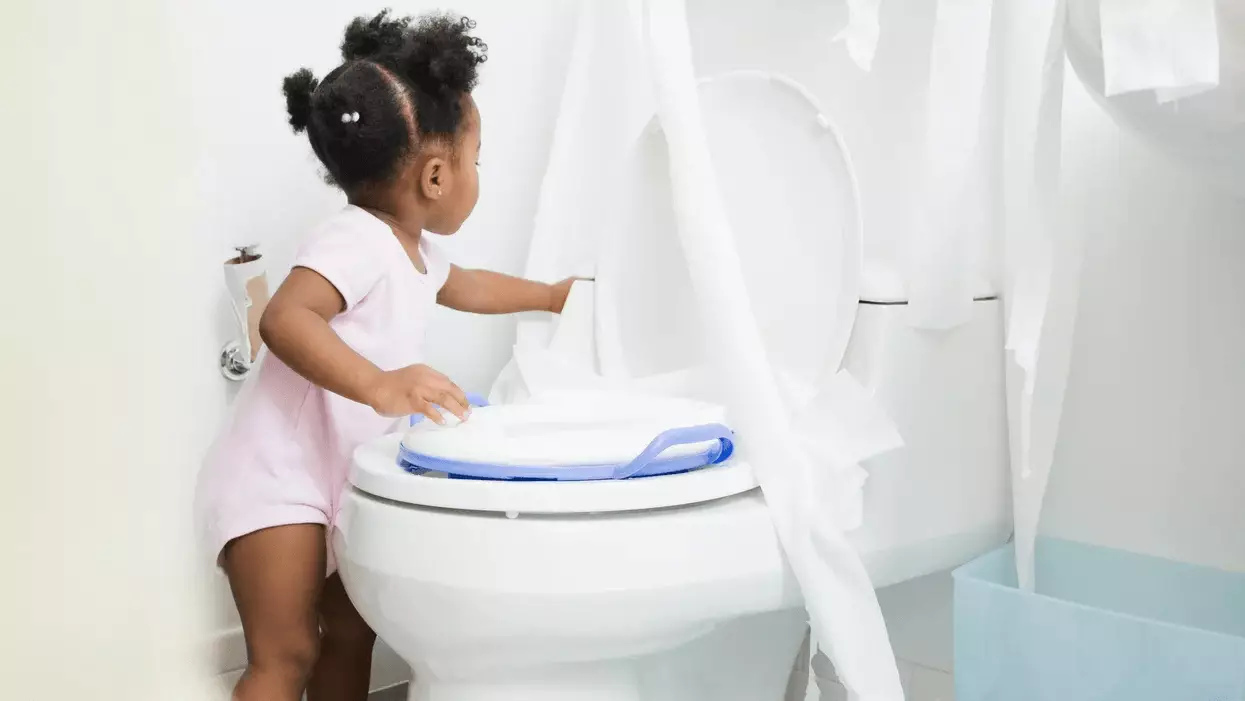Potty training is often viewed as one of the significant milestones in early childhood development, a stage that parents both anticipate and dread. The euphoria of your toddler finally breaking free from diapers can quickly be overshadowed by unexpected regressions—situations where a previously potty-trained child starts having accidents again. Whether prompted by life changes like moving houses, the arrival of a new sibling, or simply the unpredictability of childhood, these setbacks can be frustrating. However, it’s essential to recognize that potty training regressions are completely normal, and there are effective ways to navigate this challenging phase.
First and foremost, it is crucial to understand why regressions occur. Potty training is not just a physical skill; it is also deeply psychological. Children often want to assert independence, but during stress or uncertainty—like moving to a new environment or welcoming a sibling—they may revert to behaviors that give them a sense of control or comfort. A thorough understanding of these triggers can help parents approach the regression with empathy rather than frustration.
When accidents happen, parents may feel a rush of emotions ranging from irritation to disappointment. However, it’s vital to approach your child with patience and understanding. Shaming a child for an accident can have lasting negative effects and can reinforce the behavior—children may feel embarrassed or anxious and be less inclined to try again. Instead, maintain a calm demeanor. You might say, “It looks like we need to change clothes. Let’s go take care of that together.” This method not only reduces stress but also normalizes the experience, reinforcing that occasional accidents can happen, even to the best-trained toddlers.
To help mitigate regressions, establishing a consistent potty routine can be particularly effective. Incorporate regular bathroom breaks throughout the day, especially during predictable times, such as after meals or before outings. Make it engaging for your child by linking bathroom breaks with fun activities, such as, “Let’s use the potty, and then we can read your favorite book!” This positive association can incentivize your child to use the toilet even if they’re feeling a bit hesitant.
Many children learn best through active participation, and potty training is no different. When accidents occur, encouraging your child to help with the cleanup can foster a sense of responsibility and ownership. They can assist in gathering cleaning supplies or putting away soiled clothing. This not only emphasizes the importance of using the potty but also highlights that accidents are manageable. Over time, they’ll come to understand that taking a potty break is much more efficient than dealing with a cleanup.
Another effective strategy is to provide your child with choices throughout the potty training process. During times of transition, children may feel a loss of control over their environment, leading to resistance against using the toilet. Allowing your child to select from a range of fun underwear or choosing which bathroom to use can empower them. Even small choices, like sitting on a child-sized potty or a regular toilet, can significantly influence their willingness to use the toilet.
Children often regress in their potty training as a way to seek more attention from their caregivers. This behavior can be particularly noticeable when a new baby arrives. One-on-one time can be a valuable antidote. Engage your child during potty time by joining them in the bathroom or spending quality time with them after they use the toilet. By ensuring they know they are loved and valued, you can reduce the likelihood of accidents as a means of seeking attention.
Consistency is key when tackling potty training regressions. Doubts may arise when faced with situations like long car trips or travel, where reverting to diapers could seem easier. However, maintaining the potty training initiative—even when it feels inconvenient—will aid your child in understanding the importance of continued devotion to being diaper-free. Children thrive on routine, and inconsistencies can create confusion.
Lastly, while regressions are typically a normal part of potty training, prolonged difficulties or concerns about underlying physical issues should prompt a discussion with your pediatrician. They can offer insights or check for any issues that may have emerged.
While potty training regressions can be difficult to navigate, understanding their normalcy and employing these strategies can smooth the process. Emphasize patience, create routines, and maintain open lines of communication with your child to foster a positive environment that can tackle this phase with confidence. Ultimately, every child is unique, and with the right support, they will overcome these hurdles, leading to joyous diaper-free days ahead.

